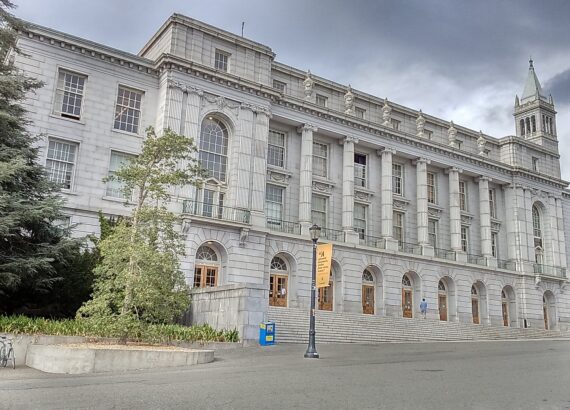Is it immoral to be rich?
About once a month, I come across a Facebook post or online article that expresses a sentiment along the lines of “If you have more than $X million/billion dollars and you’re not giving it away to causes that benefit poor people, you are a bad person”. So I wanted to provide an economic perspective on this view by discussing the distinction between having a lot of money and spendinga lot of money.
Let’s start with what “money” is. Given that the dollar bills and electronic money have no inherent value, the best way to think about money today is that it gives you the right to control a certain amount of society’s resources that are made available for sale – final goods, services, land, and so on. The more money you have, the more resources you have the right to control.
But of course, having the right to control resources and having the resources themselves is not the same thing. You don’t get the resources unless you hand over the appropriate amount of money. So the most obvious things a millionaire can decide to do with her money is to finance consumption – buy herself a yacht, an island, and a private jet, and hire herself a personal shopper. But if a millionaire used all her money in this way, she would no longer be a millionaire. Thus, the next question is, what happens to money and the corresponding resources if the millionaire doesn’t use her money for consumption?
The answer depends a bit on where the money is. If I earn a billion dollars and put it under my mattress as cash, no one else has access to the money, and it just sits there (and I have a very tall bed to sleep on). Fewer dollars are now circulating in the economy and because dollars themselves are not worth anything, eventually the price of controlling resources (i.e., of goods and services) will fall just a tiny bit. Quite a boring outcome.
But millionaires and billionaires typically don’t put their money under a mattress. More likely, the money is with financial services firms (including banks) that either keep the money safe or manage the money to try to earn the rich person a return on investment. What happens then? Well, the firm will keep a bit on hand to meet demands for deposits/redemptions and loan out/invest the rest. The individuals and firms who receive that money then decide what to do with it. Generally, financial firms try not to invest in someone else’s consumption, so the money recipients will probably use that money to control resources in a way that could lead to profits down the road. Maybe they start an online retailer, invest in developing a new drug, open a new restaurant, or simply expand their existing operations.
The idea is similar if the billionaire is the one investing in a firm directly – the resources that money can buy will be used by the recipients of the money for various purposes. Finally, if the financial services firm or the millionaire herself buys an existing financial asset from another individual or firm, we’re back to the initial situation where someone just got a bunch of money and has to decide what to do with it.
Why did I make you read through this boring discourse on where money can go? To point out that there is only one case where the rich person is definitely using up resources that otherwise could have benefitted someone less fortunate than him – when he uses his money to finance his own consumption. In the other cases, it’s less clear that the billionaire’s decisions are hurting disadvantaged people, because it depends on how the economy’s resources end up being used. Thus, you want to make the argument that merely having a lot of money and holding onto it is immoral, you also have to believe that the vast majority of investments that are being made today do not benefit poor people. Finally, it’s worth mentioning that rich people have much higher savings rates than the average person, which helps finance aggregate investment in the economy. And, at the very least, we need investment to offset depreciation of the economy’s productive factors. At best, investment helps us create new technology that improves lives.
To anticipate some criticism, I am not trying to argue that inequality is not a problem and that we as a society shouldn’t do anything about it. I only want to point out that a blanket shaming of rich people misses an important facet of what their money could be doing for the economy.
Moral of this post: if you want to criticize rich people for being immoral, you should criticize their consumption, not the mere fact that they have a lot of money.




Comments are closed.